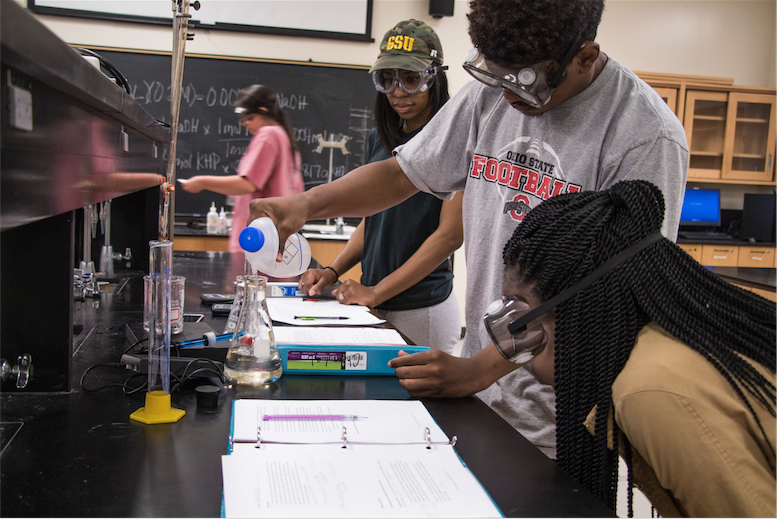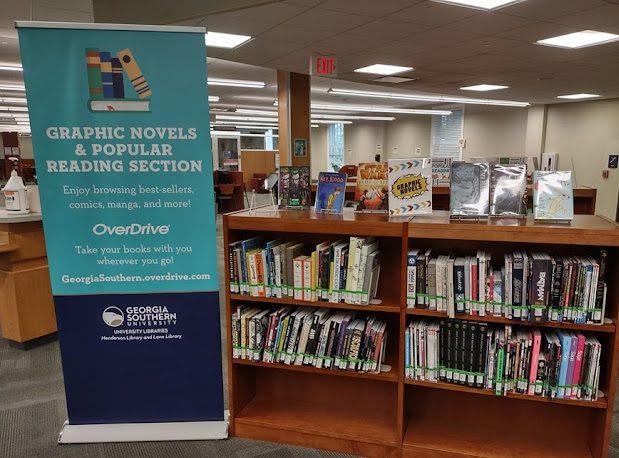New bill to boost STEM student GPAs
March 31, 2016
Starting in the 2017-2018 academic year, students who take demanding science, technology, engineering and math classes will now receive a one-half point increase to their final grade.This increase will apply to B, C and D grades.
House Bill 801, also known as the Rambling Wrecktification bill, aims to steer more students into taking challenging STEM courses, in the hopes that they will help aid the demand for tech industry workers in the state of Georgia.
Reaction among students and professors has been mixed.
“It might lure a few more students, but I am afraid that we do not really need more STEM graduates. Science is not for everyone, the same way not everyone can be an actor or a dancer,” Erika Lakuriqui, lecturer in the math department, said.
Lakuriqui also believes that the only thing that increases will be the number of students that get HOPE, rather than the number of workers Georgia hopes to gain.
Morgan Finch, freshman biology major, is interested in new bill as well.
“[The bill] will help a lot of people increase their GPA and keep HOPE. They’ll also encourage people to take advanced classes and want to take them,” Finch said.
Another student believes that the bill is good because it will get more people involved in STEM.
“[The bill] will keep [students] motivated and scoring higher with their grades and have a good overall GPA,” Karla Fonseca, freshman mechanical engineering major, said.
This is the exact sentiment that bill sponsors Representatives Jan Jones, Robert Dickey, Chad Nimmer, Terry Rogers, Jon Burns and Matt Ramsey shared. House Bill 801 was passed on March 22 with a vote of 169-0.
John Stone, assistant professor of analytical chemistry, has mixed feelings about the bill, much like the rest of the campus. Stone adds that students who major in STEM programs know that the classes will be harder.
“I’m also concerned about grade boosting when they have not earned the GPA in a traditional way. We have to be careful to maintain rigor. [These students] will go on to be our doctors and our engineers. You never know what kind of success bills like this will have and [instructors] are always concerned about grade inflation,” Stone said.
Stone is more in favor for the grade boosting to occur with high school students, rather than college students, because high students are typically more discouraged by lower grades than college students, who are a bit more mature to handle a low grade.
Alana Bray, freshman early childhood education major, feels that the bill overlooks other hardworking college students.
“I think that [the bill] is awesome for [STEM students] because they deserve it, but does other hard working college students,” Bray said. ” I feel like if [lawmakers] pass something like that then they should think about all majors.”
Photo courtesy of Kiara Griffin.








